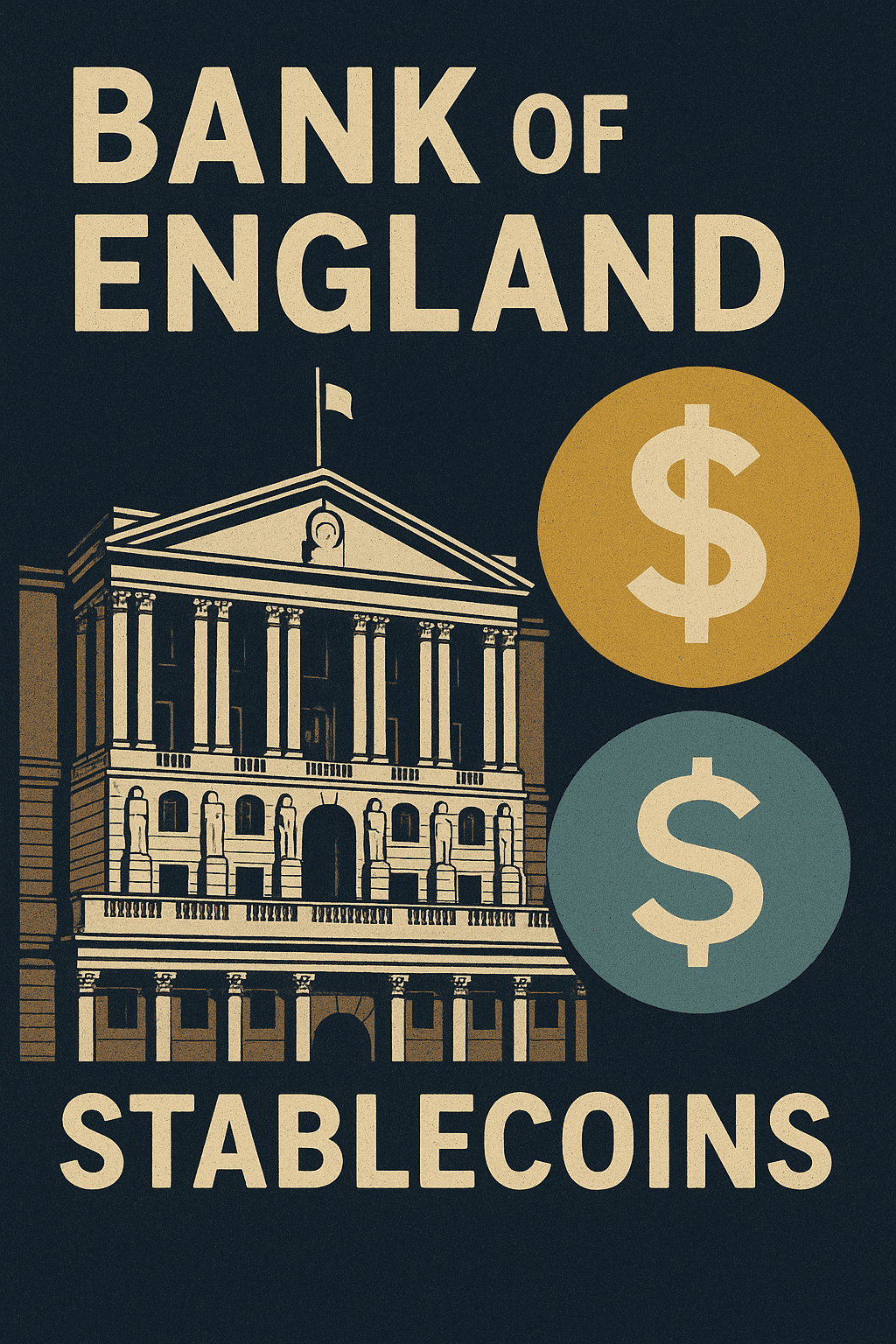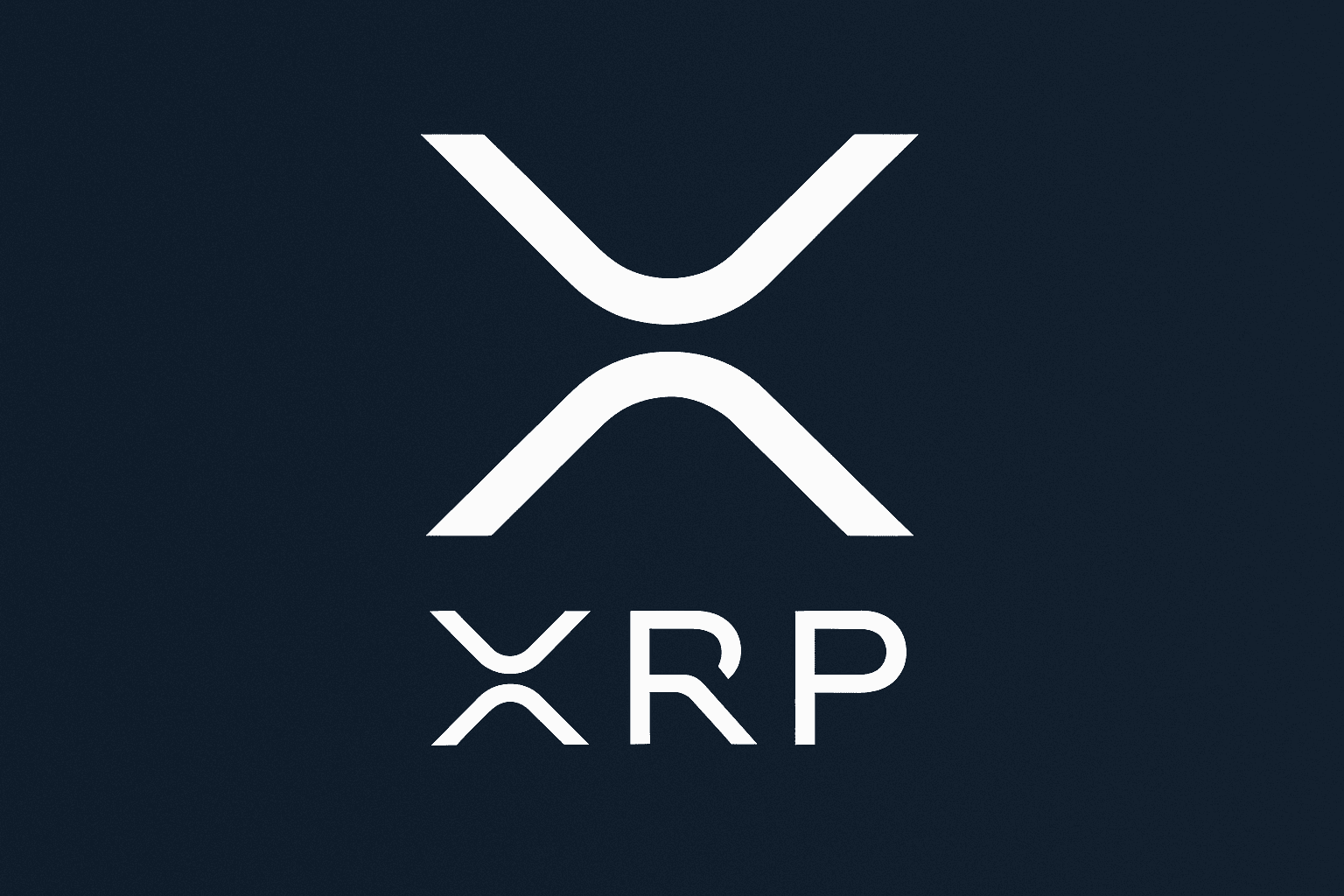The Bank of England (BoE) has published a detailed consultation paper outlining its proposed regulatory framework for sterling-denominated stablecoins. Under the plan released Monday, stablecoin issuers classified as “systemic,” will be required to hold at least 40% of their liabilities as non-remunerated deposits with the BoE and up to 60% in short-term U.K. government debt.
The proposal aims to reduce potential spread risks to the broader financial sector while ensuring issuers maintain a sufficient liquidity cushion. The central bank will collect feedback until February 10, 2026, with final rules expected to be published in the second half of next year.
Holding Limits and Asset Backing Rules
The BoE proposed strict holding limits per user to mitigate financial stability risks. The holding requirement for individual investors would be capped at £20,000 ($26,300) per stablecoin. Retail businesses can hold up to £10 million ($13.17 million), with higher thresholds allowed under operational exemptions.
According to the paper, businesses may request exemptions if larger holdings are essential to normal activities such as payroll or supplier payments. The proposal also details the asset composition backing the stablecoins. Issuers considered “systemically important” could temporarily hold up to 95% of their reserves in U.K. government debt securities during their scaling phase.
Once they reach systemic levels, the ratio would revert to 60% to ensure diversification and reduce sovereign exposure risks. Deputy Governor for Financial Stability Sarah Breeden described the move as “a pivotal step toward implementing the U.K.’s stablecoin regime next year.”
Treasury Role and Liquidity Support on the Table
Under the proposed framework, His Majesty’s Treasury will determine which stablecoin payment systems and service providers qualify as systemically important. Once selected, these entities will fall under the BoE’s direct supervision.
In a notable addition, the BoE is exploring central bank liquidity support for systemic stablecoin issuers during market stress. Moreover, stablecoins not used for payment purposes, such as those primarily involved in crypto trading, will remain under the Financial Conduct Authority (FCA). This separation aims to ensure that only tokens with potential systemic impacts fall within the BoE’s jurisdiction.















